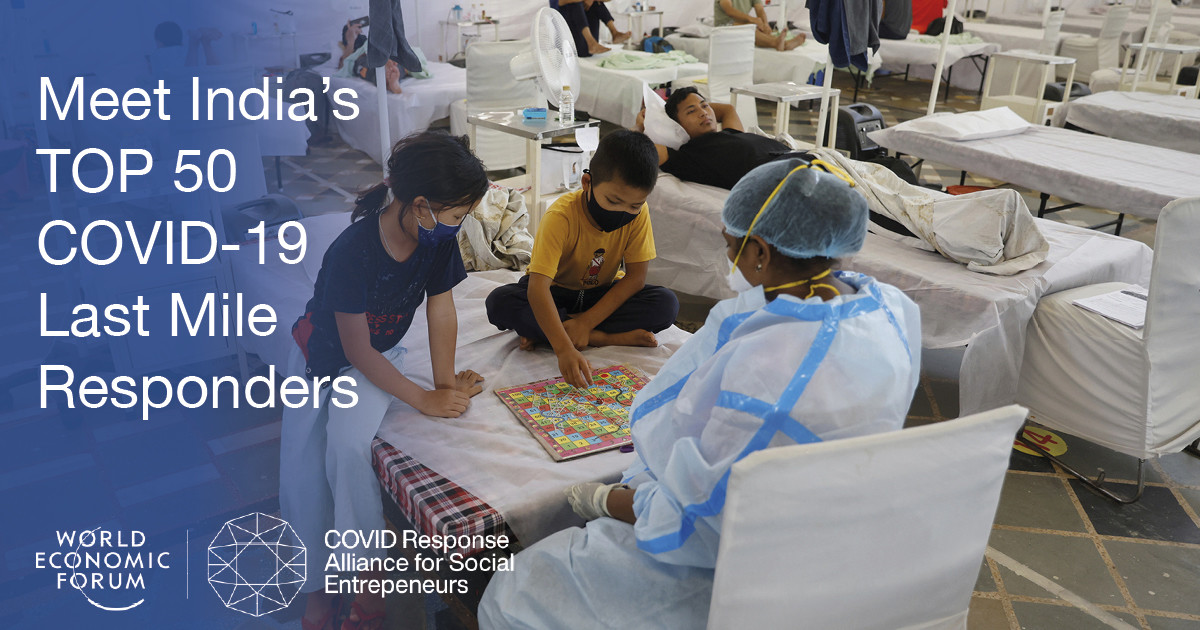COVID-19: What you need to know about the coronavirus pandemic on 12 August

Some US students are being tested before returning to school. Image: REUTERS/Amira Karaoud - RC2E2P9XT4DU

Explore and monitor how COVID-19 is affecting economies, industries and global issues

Get involved with our crowdsourced digital platform to deliver impact at scale
Stay up to date:
COVID-19
- This daily round-up brings you a selection of the latest news and updates on the COVID-19 pandemic, as well as tips and tools to help you stay informed and protected.
- Top stories: WHO announces new trial to examine possible COVID-19 treatments; New Zealand announces plans to reopen borders; CDC says pregnant women should get COVID-19 vaccine.
1. How COVID-19 is affecting the globe
Confirmed cases of COVID-19 have passed 204.7 million globally, according to Johns Hopkins University. The number of confirmed deaths stands at more than 4.32 million. More than 4.54 billion vaccination doses have been administered globally, according to Our World in Data.
Canberra, the Australian capital, has announced a snap one-week lockdown after its first reported locally acquired COVID-19 case in more than a year.
Hawaii is set to reimpose COVID-19 restrictions, limiting social gatherings to reduce the strain on the state's healthcare system.
Elsewhere, California has become the first US state to require teachers and other school staff to be vaccinated against COVID-19 – or face regular testing.
Cuba is converting hotels into isolation centres and hospitals and bringing back doctors working abroad in an effort to cope with a surge in COVID-19 cases.
Nearly half of children with COVID-19 display no symptoms, according to a new study.
Moderna is planning to double the size of its ongoing trial into the use of COVID-19 vaccines in children aged six months to younger than 12 years.
New daily COVID-19 cases in France have risen above 30,000 for the first time since April.
Pregnant women should be vaccinated against COVID-19, the US Centers for Disease Control and Prevention said yesterday. A new analysis showed no increased risk of miscarriage.
The Pan American Health Organization is preparing to increase COVID-19 vaccine availability among its member countries. PAHO will use its 'Revolving Fund' to make tens of millions of doses available.

2. WHO announces new trial to examine possible COVID-19 treatments
The World Health Organization has announced a new phase in its Solidarity Trial. Solidarity PLUS will test three drugs as treatments for COVID-19 – artesunate, a treatment for severe malaria; imatinib, a drug for certain cancers; and infliximab, a treatment for immune system disorders such as Crohn’s disease.
Dr Tedros Adhanom Ghebreyesus, WHO Director-General, explained, "We already have many tools to prevent, test for and treat COVID-19, including oxygen, dexamethasone and IL-6 blockers.
"But we need more, for patients at all ends of the clinical spectrum, from mild to severe disease. And we need health workers that are trained to use them in a safe environment," he added.
He also, again, called for greater global unity in the fight against the pandemic. "We're all in this together, but the world is not acting like it," he said.
India’s leading COVID-19 last-mile responders
3. New Zealand announces reopening plans
New Zealand plans to allow quarantine-free entry to vaccinated travellers from low-risk countries from the first quarter of 2022, as it looks to reopen its borders after 18 months of pandemic-induced closures.
"We’re simply not in a position to fully reopen just yet," Prime Minister Jacinda Ardern said in a speech outlining plans to reconnect New Zealand with the world.
"When we move we will be careful and deliberate, because we want to move with confidence and with as much certainty as possible," she said.
There'll also be new rules for those travelling from medium- or high-risk countries.
Ardern also announced plans to speed up the country's vaccine rollout and said that all eligible ages would be able to book their vaccine by 1 September.
New Zealand has recorded just 2,500 cases and 26 deaths from COVID-19.
Don't miss any update on this topic
Create a free account and access your personalized content collection with our latest publications and analyses.
License and Republishing
World Economic Forum articles may be republished in accordance with the Creative Commons Attribution-NonCommercial-NoDerivatives 4.0 International Public License, and in accordance with our Terms of Use.
The views expressed in this article are those of the author alone and not the World Economic Forum.
The Agenda Weekly
A weekly update of the most important issues driving the global agenda
You can unsubscribe at any time using the link in our emails. For more details, review our privacy policy.
More on Health and Healthcare SystemsSee all
Shyam Bishen
April 24, 2024
Shyam Bishen and Annika Green
April 22, 2024
Johnny Wood
April 17, 2024
Adrian Gore
April 15, 2024
Fatemeh Aminpour, Ilan Katz and Jennifer Skattebol
April 15, 2024






